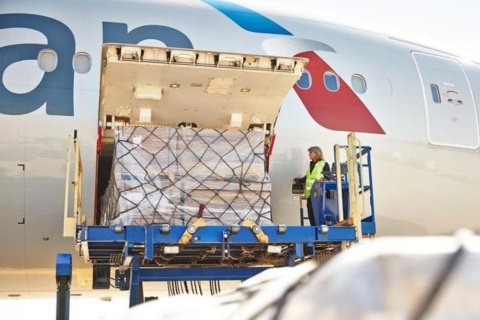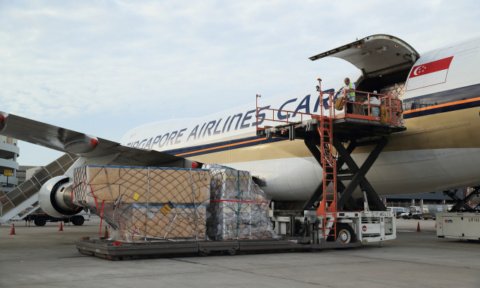The Jawaharlal Nehru Port Authority (JNPA), India’s top-performing port, has received approval from Union Minister of Ports, Shipping, and Waterways, Sarbananda Sonowal, to develop a groundbreaking Export-Import and Domestic Agricultural Commodity Processing and Storage Facility. This innovative facility, the first of its kind in India, will be built on 27 acres of land at JNPA.
Unmesh Sharad Wagh, IRS, Chairman of JNPA, highlighted the project’s alignment with the ministry’s “port-led development” theme and JNPA’s vision for “port-led industrialisation.” The facility aims to minimise wastage from multiple handling and poor storage conditions while extending the shelf life of agricultural produce. It will enhance JNPA’s role in creating a comprehensive port ecosystem.
The facility will offer a range of services including processing, sorting, packing, and laboratory testing, ensuring compliance with food safety and trade regulations. It is designed to serve agricultural commodities from Maharashtra and neighboring states like Madhya Pradesh and Gujarat.
Key features of the export infrastructure include:
– Cold Storage: For optimal temperature management to maintain product freshness.
– Pre-cooling Facilities: To prepare perishable goods for transport.
– Frozen Storage: For goods needing deep freeze conditions.
– Dry Warehouses: For non-perishable goods, protecting them from environmental factors.
The import side will mirror these capabilities with dedicated frozen and cold storage options, along with dry warehouses for seamless handling and storage of imported goods.
With an estimated cost of Rs 285 crores, the project will be executed under a Public-Private Partnership (PPP) and Design-Build-Finance-Operate-Transfer (DBFOT) model. Interested parties can access tender documents on JNPA’s website or the Central Public Procurement Portal.
This initiative underscores JNPA’s commitment to sustainability and strengthening India’s global position in the agricultural sector, marking a significant milestone in the country’s agricultural infrastructure development.







